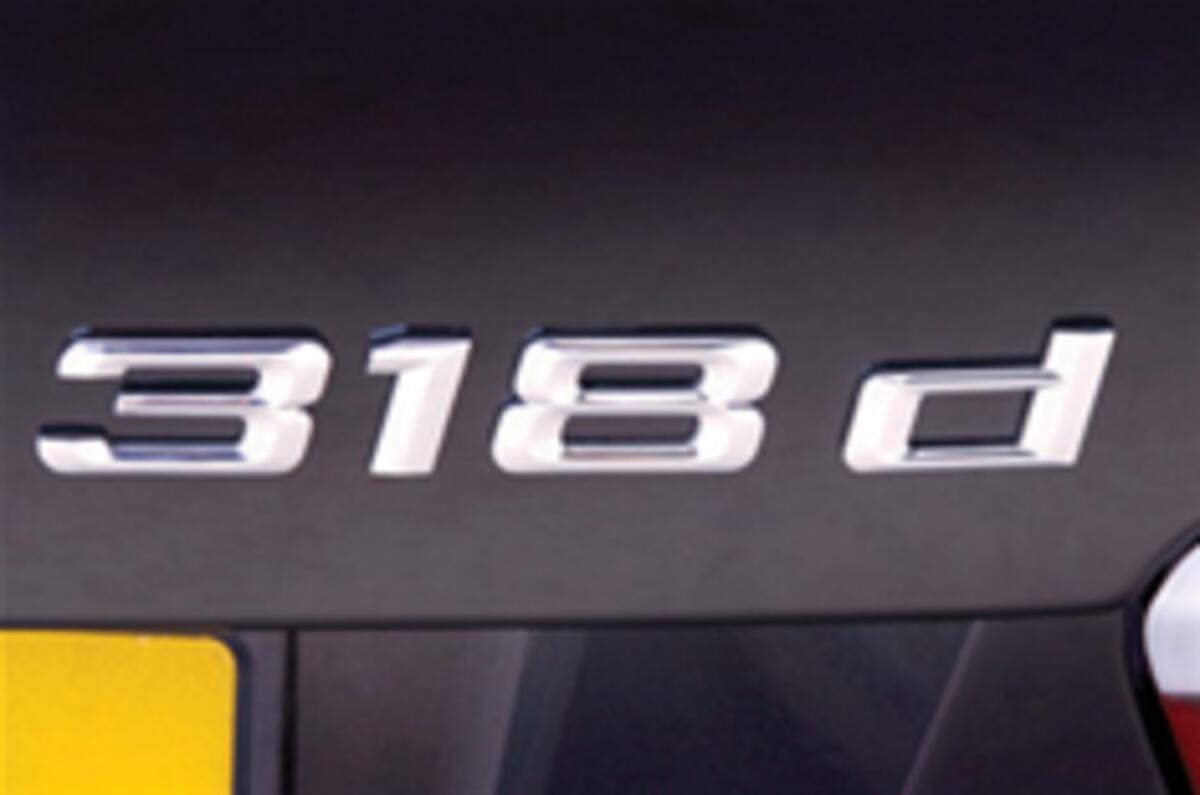BMW is getting serious about reducing fuel consumption and CO2 emissions, with more-efficient engines, regenerative brakes and stop-start functions all on the way for 2008 model-year cars.The German firm dubs this green effort “Efficient Dynamics” – a reminder that while it’s going green, it’s not going to lose its focus on agility.At the centre of BMW’s efforts is a range of optimised four-cylinder petrol and diesel engines and new technologies already unveiled on the 1-series and 320i convertible.As a result, the 2008 BMW line-up now boasts 22 models that achieve over 48mpg while emitting 140g/km or less of CO2. In some cases the effect is dramatic: the 320d Touring’s consumption is down by a whopping 17 per cent over last year’s models, for example, with its CO2 rating put at just 131g/km. It’s not just the smaller BMs that are reaping the benefits, either. The 520d saloon manages a seriously low 136g/km, and the newly facelifted 6-series also gets improved fuel economy – down by five per cent on the 650i and by 15 per cent on the 630i. There’s also an all-new 635d on the way. Click here to read about the refreshed 6-series.Here’s what BMW’s doing.
Diesel engine developments
The new 2.0-litre four-cylinder diesel gets an aluminium block as well as the latest common-rail injection system. This operates at 2000bar and uses state-of-the-art piezo injectors for improved combustion efficiency. The result? Increased output, fuel consumption that’s reduced by up to 17 per cent, and vastly lowered CO2 emissions. The new engine, already unveiled in the 118d, will be offered in three different states of tune across a wide range of models; 143bhp (318d), 177bhp (120d, 320d, X3 2.0d, 520d) and, with a variable geometry twin-turbo, a whopping 201bhp in the new 123d. That’s over 100bhp per litre from a four-pot diesel.
New injection technology for petrol engines
The existing 2.0-litre four-cylinder petrol engine gets the high-pressure injection system already used in BMW’s six-cylinder units and now forms the basis for the petrol 5-series line-up. It delivers an added 14bhp at 143bhp in its lowest state of tune (118i, 318i), with the higher-end version putting on 20bhp at 170bhp (120i, 320i, 520i). New to the line-up is an entry-level 1.6-litre four-cylinder incorporating the same direct injection hardware as the existing 2.0-litre engine and delivering 122bhp.
Brake regeneration
First revealed on the entry level 1-series and 320i cabriolet earlier this year, BMW will apply its brake regeneration system as standard on the 3-, 5-, 6-series and the X5. The new system uses energy created under braking and stores it for later use. BMW reckons that it reduces fuel consumption on the X5 3.0d by seven per cent.
Stop-start and the good old econometer
All-new manual four-cylinder 1-series and 3-series models get a stop/start function that cuts the engine when in neutral, plus fuel-saving electrically assisted steering (except on the 335).All manual 1-, 3-, 5- and 6-series also get an ‘optimum shift point indicator’ – better known as the good old econometer.





Add your comment